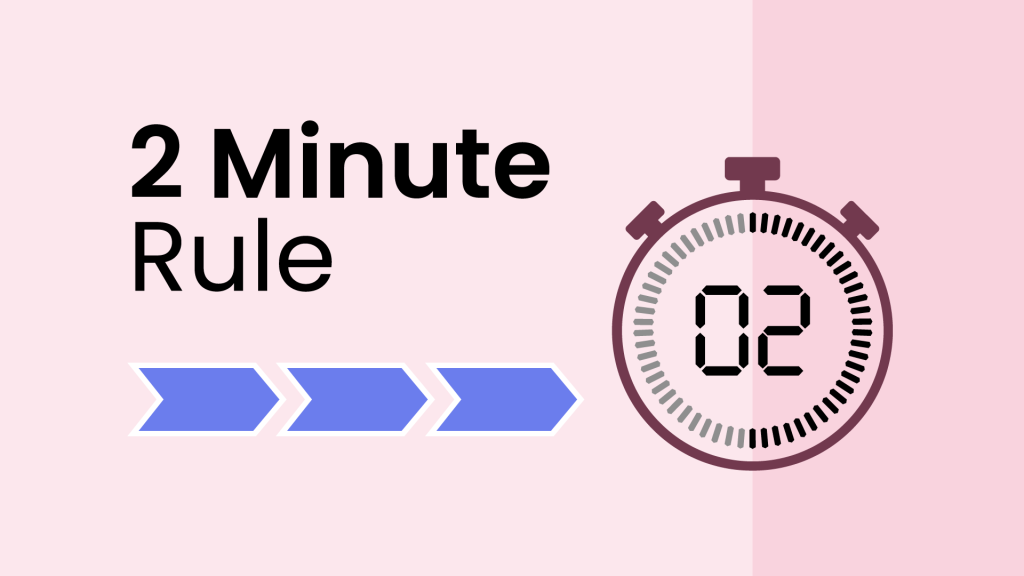In today’s fast-paced world, productivity is more than just getting things done—it’s about working smarter, maintaining focus, and making steady progress toward your goals. Productive people don’t rely on luck or motivation alone. They follow daily habits that keep them organized, energized, and mentally clear. By adopting these habits, you can make the most of your time and achieve more without burning out.
1. Start Your Day with a Clear Plan

Productive days often begin the night before. Take 5–10 minutes every evening to write down your top priorities for the next day. When you wake up, you’ll already know what needs your attention. Start with the most important or challenging task first—this is often called “eating the frog.” Tackling big tasks early helps you feel accomplished and sets a positive tone for the rest of the day.
Creating a to-do list is helpful, but it’s even more effective to schedule tasks in specific time blocks. For example, dedicate 9:00–11:00 a.m. to focused work, 11:00–12:00 to meetings, and so on. A structured plan reduces decision fatigue and keeps you on track.
2. Follow a Consistent Morning Routine
The way you start your morning has a strong impact on your energy and focus throughout the day. Successful people often have morning routines that include activities like exercising, meditating, reading, or journaling. These practices don’t need to be long—just 15 to 30 minutes of intentional activity can help clear your mind and boost motivation.
Avoid immediately checking your phone or emails after waking up. Diving into notifications can lead to distraction before you’ve even started your day. Instead, give yourself time to wake up calmly and set your mindset for productivity.
3. Use the “Two-Minute Rule”

Small tasks can pile up and clutter your to-do list, making it harder to focus on bigger priorities. The “Two-Minute Rule,” popularized by productivity expert David Allen, can help. The rule is simple: if a task takes two minutes or less, do it immediately. Whether it’s replying to a quick email, putting away dishes, or jotting down a reminder, handling these tasks right away prevents them from becoming mental distractions later on.
4. Take Regular Breaks
Working non-stop might seem productive, but it often leads to fatigue and reduced focus. Our brains work best in cycles of intense concentration followed by short breaks. Techniques like the Pomodoro Technique—25 minutes of focused work followed by a 5-minute break—can keep your energy levels stable.
During breaks, step away from your screen. Stretch, walk, or drink water to refresh your mind and body. Even a brief pause can improve clarity and prevent burnout.
5. Minimize Distractions
Constant notifications, social media, and multitasking can severely reduce productivity. A powerful habit is to create a distraction-free work environment. Turn off non-essential notifications, close unnecessary tabs, and keep your workspace tidy.
Consider using tools or apps that block distracting websites during work hours. If possible, communicate “focus times” to coworkers or family members so you can work uninterrupted for specific periods.
6. Practice Daily Reflection

At the end of each day, spend a few minutes reviewing what you accomplished and what could be improved. Reflection helps you identify patterns, celebrate small wins, and adjust strategies for better results.
Ask yourself:
- What went well today?
- What challenges did I face?
- How can I improve tomorrow?
This simple habit encourages continuous growth and keeps your productivity strategies evolving.
7. Prioritize Health and Rest
Productivity isn’t just about managing tasks—it’s also about managing energy. Regular exercise, a balanced diet, and proper sleep are foundational habits. When you’re physically healthy, your mind is sharper, your focus lasts longer, and you recover from stress more effectively.
Aim for at least 7–8 hours of sleep each night, take short walks during the day, and stay hydrated. Even small improvements in your physical health can lead to noticeable boosts in productivity.
8. Limit Multitasking
Many people believe multitasking saves time, but it often has the opposite effect. Shifting attention between tasks reduces efficiency and increases mistakes. Instead, focus on one task at a time. Once it’s complete, move on to the next.
Single-tasking allows deeper focus, leading to higher quality work and faster completion times.
Conclusion
Boosting productivity isn’t about overworking or filling every minute of your day. It’s about adopting consistent daily habits that create structure, reduce distractions, and maintain your energy. By planning ahead, starting mornings with purpose, taking breaks, and prioritizing health, you can accomplish more with less stress.
Start by introducing one or two of these habits into your daily routine. Over time, as they become second nature, you’ll notice a significant improvement in how efficiently you work—and how satisfied you feel at the end of each day.

